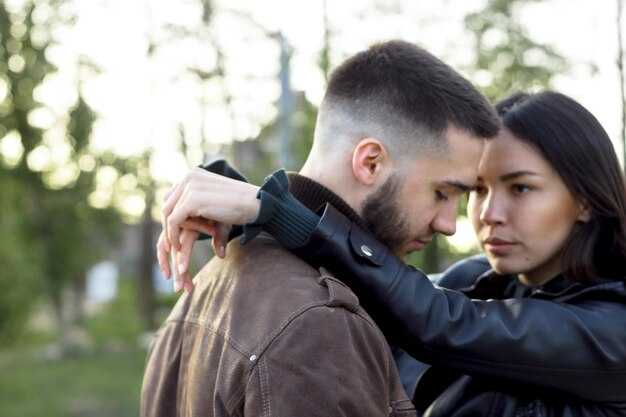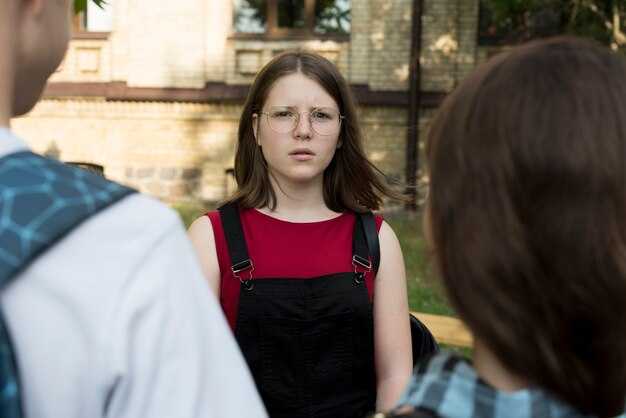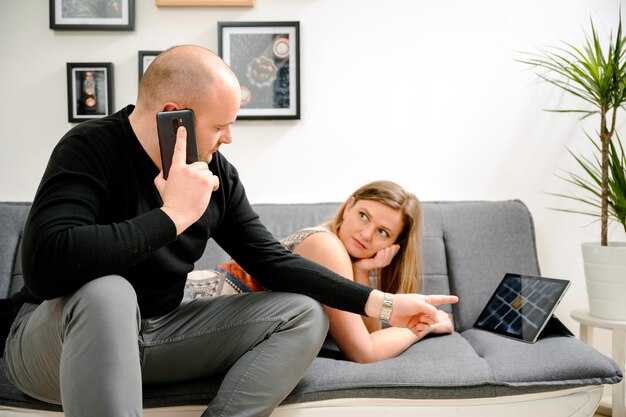Why do people who watched children being harmed almost never step forward to admit they knew or to apologize for failing to protect them? Why do they so often refuse to believe the child when told, then blame the child, silence them, call them unstable, and allow the abuse to continue — yet later expect to keep a relationship with those they betrayed? And why is it so rare for abusive parents, or those who looked the other way, to offer a genuine apology? Many adult survivors still want some connection with their parents, but how do you actually rebuild that relationship after such a breach? Today’s letter comes from a woman who goes by Kelly. She writes, “Hi, Anna. I’m 51 and experienced significant abuse during childhood. My relationship with my mother is extremely complicated, and I’m hoping you can help me figure out how and where to place boundaries with her.” Fine — time to take a closer look and note a few things to return to. Kelly explains that her parents divorced when she was a toddler and her mother remarried at six. Her stepfather proved to be monstrous: abusive in many ways and careful enough not to act badly when his wife was watching. He struggled with alcoholism and already had four grown children — one of whom died in a drunk-driving crash when Kelly was 15. Kelly is certain he harmed his biological children as well. He died a few years ago, and now her mother talks about him with reverence simply because he provided shelter and food. When Kelly confronted the abuse, her mother only vaguely acknowledged it and told her to “forgive and forget.” Kelly bluntly refuses that notion. Her mother still regards her as hysterical and irresponsible and believes she lies — which Kelly insists is untrue. As a child she tried to tell her mother what was happening, but her mother wouldn’t hear it: it activated her own unprocessed trauma and jeopardized her sense of security. She’d once been a single mother barely making ends meet and likely feared reverting to that precarious situation; Kelly notes that her stepfather presented as financially stable and willing to raise two children, so her mother may have been terrified of losing him. At 19 Kelly confronted the stepfather, which led first to a family therapy session where, incredibly, the expectation was for Kelly to recount the abuse with him sitting in the room — an approach that taught them “not to do that” in future. Then the family expelled her, accusing her of almost breaking up the marriage. Still, Kelly says her mother does show effort in other ways: she can be thoughtful and expresses love by learning about things that interest her children. Kelly admits she was a mess in her twenties — undiagnosed bipolar disorder, untreated trauma, and neurodivergence — which makes the label “irresponsible” somewhat understandable back then. But nearly three decades on, her mother refuses to see the growth and insists Kelly is the same person. Kelly loves her mother and believes her mother loves her as much as she can, and she would like a less strained relationship. She needs firm boundaries but doubts her mother can accept or respect them; talking about these issues upsets her mother because she cannot accept that the stepfather was not who she believed. At 82, Kelly fears causing her mother a severe health crisis and has just begun trauma therapy, hoping EMDR will dilute some of her anger and resentment. She’s discussed the problem with her therapist and asks for advice because she particularly needs her mother to stop praising the stepfather in her presence. Kelly would like a calmer relationship but isn’t sure it’s possible; if it comes to it, she will cut ties — she’s walked away before — though she would prefer to try to repair rather than destroy the relationship. Thank you for any guidance. I tried to keep this concise. Okay, Kelly — heard you loud and clear. Let’s talk. This was terrible, and your feelings are valid. You were deeply harmed by your stepfather while your mother failed to protect you. He is dead now, and your mother has chosen to remember him kindly, to the point of asking you to forgive and move on. This pattern — people who enabled or tolerated abuse refusing to face the reality of it or to apologize — turns up again and again. One has to wonder whether those people have truly lost the capacity to feel shame and guilt about what happened, or whether they have simply closed off access to those feelings so they can carry on living. Sincere apologies that show real understanding are, sadly, uncommon. I’d be interested to hear from anyone who managed to face this — how did you reckon with it? Your mother labels you hysterical, irresponsible, and deceitful — precisely the kinds of accusations an adult would invent to dismiss a child saying “my partner/husband is abusing me.” You might still find yourself arguing with her about the facts: “But I wasn’t lying. I wasn’t hysterical. This really happened and I needed help.” She couldn’t hear you then because acknowledging it would have triggered her own wounds and threatened the fragile stability she had built. People who stay in abusive partnerships often lose their sense of agency; they begin to believe they can’t survive alone because their partner has told them they are nothing without them. It’s hard to understand why humans accept that message so readily. Strong outside support can be the antidote — other people who will say, “This is wrong; come with me and I’ll help.” Shelters and community resources save lives, but they’re not the same as family, which is why abuse often persists within families lacking outside connections. When you escape or grow up from those family dynamics, creating a community becomes essential. The irony is that trauma makes connecting with others especially difficult, which is why many survivors feel isolated. There’s a huge need to develop connection skills: for some it’s a rebuilding, for many it’s actually learning for the first time how to relate to others safely. It can be slow, intimidating, and intense, but it matters because relationships strengthen life and bring joy. Many listeners have been through similar experiences and may be avoiding people entirely right now — that’s understandable. But when ready, gradual, safe steps toward others can unlock more healing. Reading your description, it seems your mother’s ability to form healthy emotional connections was poor, and her romantic relationship may have been the only close bond she relied on — so she clung to it even as it harmed the children. Kelly, you say you weren’t well in your twenties — undiagnosed bipolar disorder, untreated trauma, neurodivergence — and yet you’ve changed a great deal in the decades since. Your mother cannot easily perceive that change; to truly see you for who you are today would force her to confront her past failure to keep you safe. That is a painful reckoning she seems unwilling to face. Many people will feel compassion for you, and there are countless others who understand. You love your mother, and you recognize she loves you as much as she can — that compassion is admirable. Still, loving someone who hurt you can trigger you, so think about approaching contact carefully. Treat visits like an experiment: keep them short, plan breaks, and avoid long stretches that can unearth old patterns. For example, meet for an hour at lunch, schedule an errand immediately after, plan a half-hour visit later, and avoid overnight stays even on holidays. Intense or extended time together often allows old behaviors to surface and old triggers to come up like restless ghosts. It’s wise to keep a protective boundary — an invisible shield — when spending time with someone who harmed you but who you still want to love. You can move slowly enough to hold both protection and warmth: share affection in small doses while keeping clear limits. No one does this perfectly; trial and error is normal, and the aim is to find ways to connect without letting yourself be harmed. Strengthen your capacity by taking tiny, incremental steps and by arming yourself with practical tools to manage thoughts and feelings. Childhood trauma often damages our ability to process internal experience, leaving emotions and thoughts piled up and noisy; regular periods of quiet and regulated self-care help you clear bandwidth to stay present. Before and during visits, use grounding techniques so you can notice when a conversation is tipping into dangerous territory — then employ short, practiced responses such as, “I’m not going to talk about that,” or gently leaving the space. The desire to make your mother understand — to prove you were right — is natural, but those conversations rarely produce the outcome you hope for and can leave you depleted. You can experiment cautiously, notice what exhausts you, and retreat to recover; you will be able to try again when you’re rested. Another liberating stance is the knowledge that you’re prepared to walk away if necessary. That willingness gives you freedom: you don’t have to fight to save the relationship at the cost of yourself. You also don’t need to make irreversible decisions. Consider short, time-limited separations — “I’ll step back for today/week/month/year” — and you don’t even have to make formal announcements that generate drama. Making temporary choices and reassessing them later can feel calming. One of the most useful preparations for visits is a consistent daily grounding practice. Bring a notebook and pen, build in small exit strategies so you can take a few minutes to write, meditate, and soothe your nervous system. Those daily practices act like a massage for your nervous system: they restore calm so you’re less likely to be swept away by old dynamics and more likely to stay connected to who you are now. Wishing you well on this path; may the process go smoothly. If you want to learn practical daily-regulation techniques, there’s a free starter course you can take and biweekly Zoom sessions to practice and ask questions. Those resources are available, and people are welcome to join. Hope to see you there soon.



 They Stood By While You Were Abused. Now They Want a Relationship">
They Stood By While You Were Abused. Now They Want a Relationship">

 Why Your Ex Will Never Replace You (And Here’s Proof) | Avoidant attachment style">
Why Your Ex Will Never Replace You (And Here’s Proof) | Avoidant attachment style">
 5 Shocking Reasons You Shut Down Emotionally (That No One Told You)">
5 Shocking Reasons You Shut Down Emotionally (That No One Told You)">
 Validating Pain in the Past">
Validating Pain in the Past">
 When the Avoidant Comes Back: Decoding Their 4 Texts (And How to Respond to Reclaim Your Power)">
When the Avoidant Comes Back: Decoding Their 4 Texts (And How to Respond to Reclaim Your Power)">
 Their Actions Have Consequences.">
Their Actions Have Consequences.">
 What Happens When you Neglect a People Pleaser? || Burnt Out Pursuer">
What Happens When you Neglect a People Pleaser? || Burnt Out Pursuer">
 Stop the Damage From These Parents Now (4-Video Compilation)">
Stop the Damage From These Parents Now (4-Video Compilation)">
 Niektórzy Ludzie Mają TĘ Ogromną Zaletę (#4 W Mojej Serii "Playing Small")">
Niektórzy Ludzie Mają TĘ Ogromną Zaletę (#4 W Mojej Serii "Playing Small")">
 Marriage can be VERY lonely.">
Marriage can be VERY lonely.">
 Co NAPRAWDę myśli unikać osoba podczas braku kontaktu">
Co NAPRAWDę myśli unikać osoba podczas braku kontaktu">